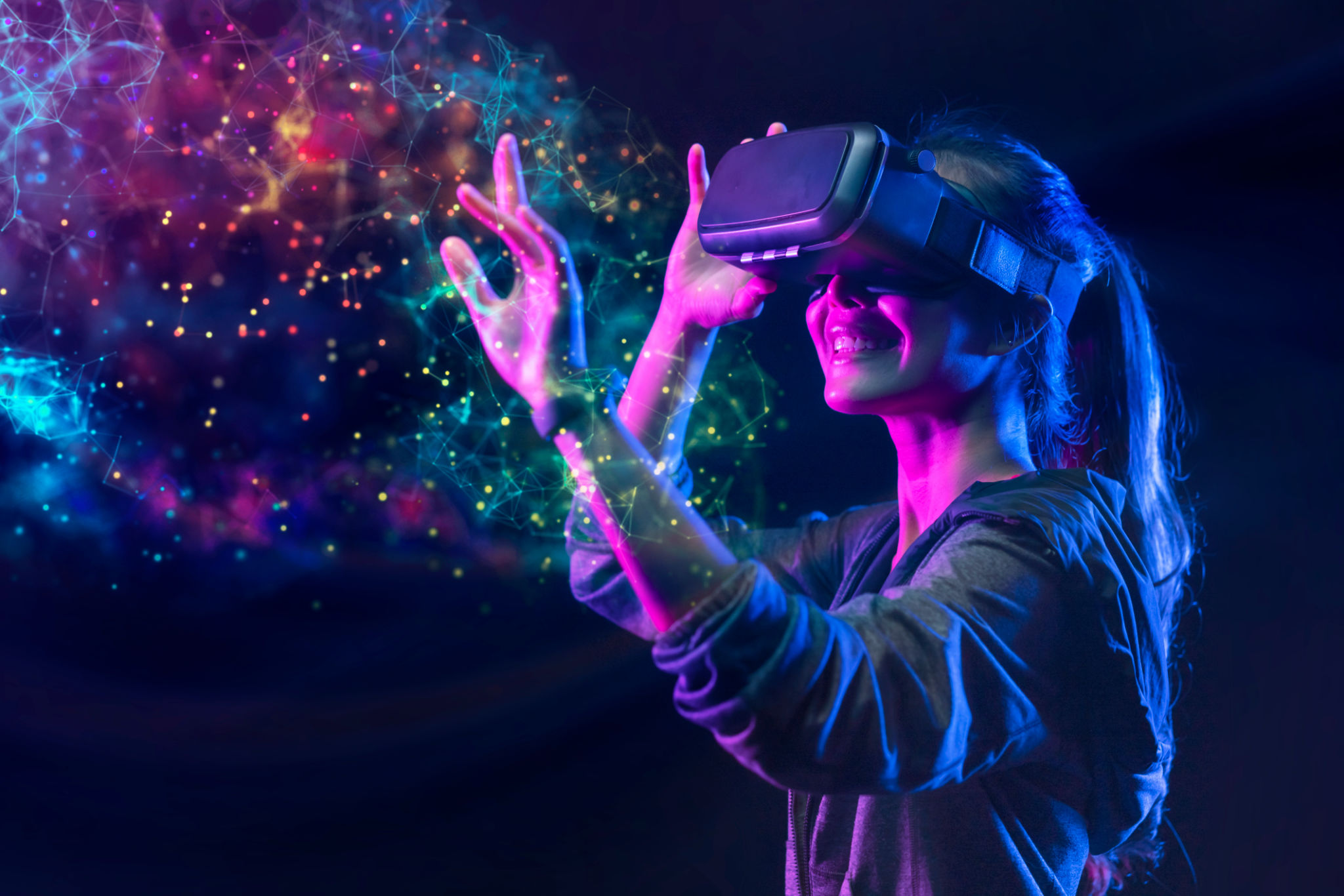Innovations in Educational Psychology: Trends to Watch
Introduction to Educational Psychology
Educational psychology is a dynamic field that explores how people learn and develop in educational settings. With the rapid advancements in technology and shifts in educational paradigms, it is essential to stay updated on the latest trends and innovations. These developments not only enhance learning outcomes but also address the diverse needs of students.

Personalized Learning Experiences
One of the most significant trends in educational psychology is the shift towards personalized learning experiences. This approach tailors education to meet the individual needs, strengths, and interests of each student. By leveraging data analytics and adaptive learning technologies, educators can create customized learning pathways that optimize student engagement and achievement.
Benefits of personalized learning include improved student motivation, greater retention of information, and higher academic success. As more schools adopt these strategies, it's crucial for educational psychologists to continue researching best practices and innovative tools.
Integration of Technology in Education
Technology continues to play a transformative role in education, influencing both teaching methods and learning experiences. Virtual reality (VR) and augmented reality (AR) are being integrated into curricula to provide immersive learning experiences. These technologies allow students to explore complex concepts in a more interactive and engaging way.

Furthermore, artificial intelligence (AI) is being used to develop intelligent tutoring systems that provide immediate feedback and support for students. This trend is expected to grow as AI technology becomes more sophisticated, offering even more personalized educational interventions.
Focus on Social-Emotional Learning
Another emerging trend is an increased focus on social-emotional learning (SEL). This approach emphasizes the development of emotional intelligence, empathy, and interpersonal skills. Educational psychologists are recognizing the importance of SEL in fostering a well-rounded education that prepares students for success in both their personal and professional lives.
Implementing SEL programs in schools has been shown to improve student behavior, enhance academic performance, and reduce emotional distress. As these programs gain traction, ongoing research is essential to refine techniques and measure outcomes effectively.

Neuroscience and Learning
The intersection of neuroscience and education is providing new insights into how the brain learns. Educational psychologists are using these findings to develop evidence-based teaching strategies that align with how the brain processes information. This knowledge helps educators design lessons that are more effective and engaging.
Understanding cognitive processes such as memory, attention, and motivation can lead to breakthroughs in educational practices. As research in this area continues to evolve, it is likely to have a lasting impact on educational psychology theories and applications.
Culturally Responsive Teaching
As classrooms become more diverse, culturally responsive teaching has emerged as a critical area of focus. This approach seeks to recognize and respect the cultural backgrounds of students while integrating their experiences into the learning process. By doing so, educators can create an inclusive environment that supports all students.
Culturally responsive teaching not only enhances student engagement but also promotes equity in education. It requires ongoing reflection and adaptation by educators, guided by insights from educational psychology.

Conclusion
The landscape of educational psychology is continually evolving with emerging trends and innovations. By staying informed about these developments, educators can better support their students' learning journeys. As we look towards the future, it will be essential for researchers and practitioners in educational psychology to collaborate and continue exploring new ways to enhance educational outcomes for all students.